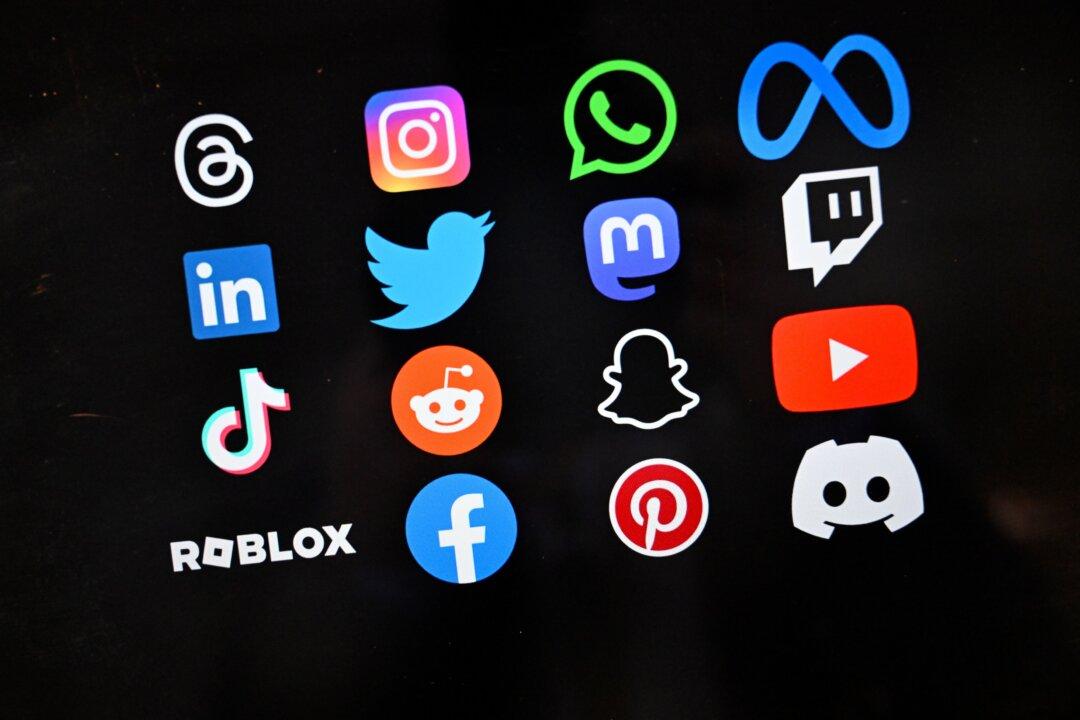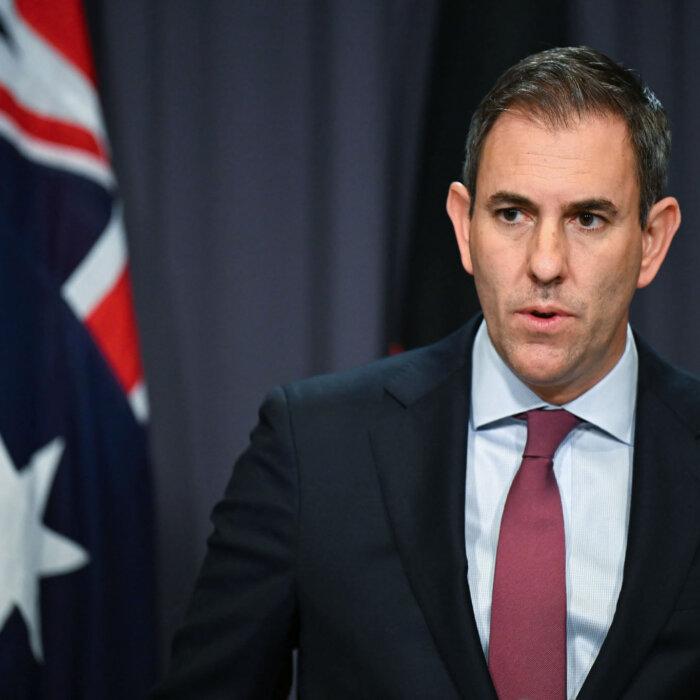The Australian House of Representatives passed a bill on Wednesday that would ban under 16s from social media.
Should the legislation pass through the nation’s Senate, it will become the first law of its kind anywhere in the world.
All the major parties backed the bill, which would make social media platforms such as TikTok, Facebook, Snapchat, Reddit, X, and Instagram liable for fines of up to AU$50 million ($33 million) for allowing children to hold accounts.
The bill passed by 102 votes to 13, and if it passes through the upper house and becomes law this week, it will give social media companies a year to work out how to comply with the legislation before they are penalized for failing to do so.
Opposition Liberal Party member Dan Tehan told the Australian Parliament that the Labor government had agreed to accept amendments in the Senate to bolster privacy protections, including not allowing sites to compel users to provide government-issued documents such as passports or driver’s licenses.
They will also, allegedly, not be allowed to demand digital ID through a government system.
“Will it be perfect? No. But is any law perfect? No, it’s not. But if it helps, even if it helps in just the smallest of ways, it will make a huge difference to people’s lives,” he told the House of Representatives in Canberra.
The bill was introduced to the Senate late Wednesday to be debated at an unspecified time.
Liberal and Labor support for the bill essentially makes its passage through the Senate a fait accomplis; however, lawmakers from smaller fringe parties did have criticisms of the bill during the two-day debate.
Their main concerns were that the legislation had been rushed through without adequate scrutiny, that it wouldn’t work, that it created privacy risks for all users, and that it denied parental choice and responsibility.
Independent lawmaker Zoe Daniel said the law would “make zero difference to the harms that are inherent to social media.”
“The true object of this legislation is not to make social media safe by design, but to make parents and voters feel like the government is doing something about it,” she told Parliament.
“There is a reason why the government parades this legislation as world-leading, that’s because no other country wants to do it.”
Critics also argue the ban would isolate children, deprive them of positive aspects of social media, drive children to the dark web, make children who are too young for social media reluctant to report harms they encountered, and take away incentives for platforms to make online spaces safer.
She said that rather than an outright ban, the best way to protect children on the internet is by protecting all users with stronger data protection laws and not using profiling to personalize feeds.
Elon Musk has warned that the government in the capital of Canberra intends to go further with its plans for restricting the internet.
Melbourne resident Wayne Holdsworth, whose son Mac took his own life last year at the age of 17 after falling victim to a sextortion scam, called the bill “absolutely essential for the safety of our children.”
“It’s not the only thing that we need to do to protect them because education is the key, but to provide some immediate support for our children and parents to be able to manage this, it’s a great step,” the 65-year-old online safety campaigner told The Associated Press.
Companies affected by the ban had asked for the vote to be delayed until at least June next year, but their requests were rejected.







